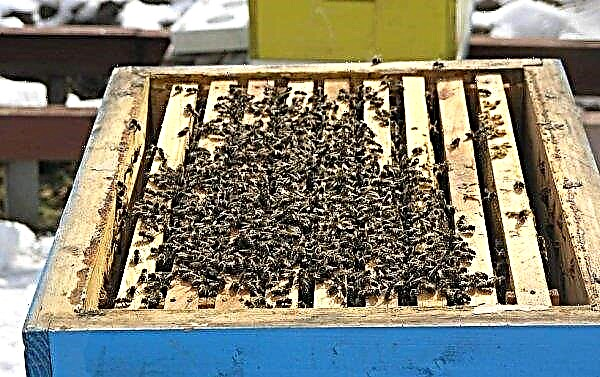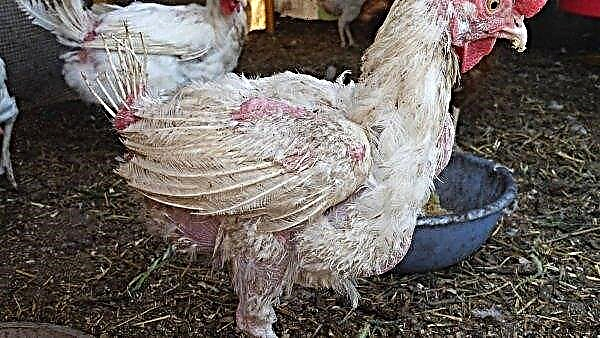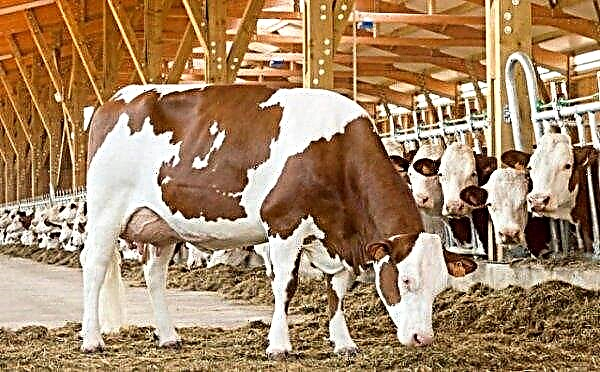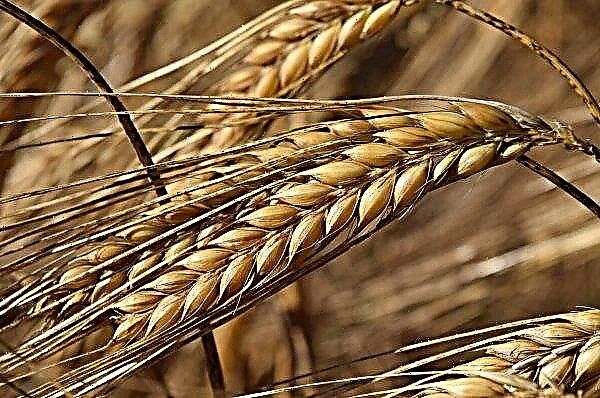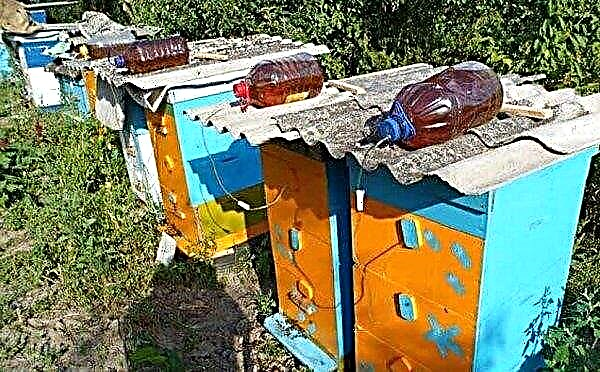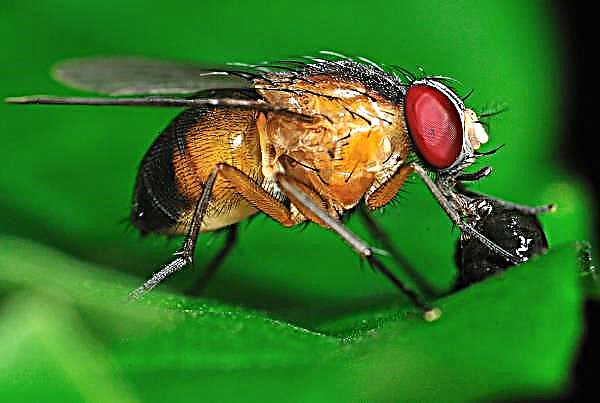Minister of Agriculture Desislava Taneva and her deputies presented today the measures that they intend to take in relation to the fruit and vegetable industry. During the Fruits and Vegetables Production Advisory Council, which took place today through a videoconference, Taneva presented Bulgaria’s request to the European Commission to open an emergency horizontal measure COVID-19.
During the Fruits and Vegetables Production Advisory Council, which took place today through a videoconference, Taneva presented Bulgaria’s request to the European Commission to open an emergency horizontal measure COVID-19.
Bulgaria is one of the largest wine producers in Eastern Europe, exporting up to 85% of all wines produced.
Direct speech: “We propose redirecting unspoken budgets from the Rural Development Program for 2014–2020, the Marine and Fisheries Program for 2014–2020, and the National Program for the Support of the Wine Sector for 2019–2023 to support the most vulnerable producers. The fruit and vegetable sector is such, and we know that you will have difficulty marketing your products, as restaurants and hotels are closed. In all countries affected by the pandemic, these problems exist, ”commented Desislava Taneva.
During the meeting, she said that, together with the Ministry of Labor and Social Policy, a search is underway for a mechanism by which the unemployed can be sent to harvest, as well as to other sectors in the agricultural sector.
Direct speech: “Within a few days, information on manufacturers that deliver online will be uploaded to the Ministry’s website. Thus, we also want to make it easier for consumers to order home delivery of Bulgarian products. The situation in the world is such that we should think in the direction of food delivery to the address, ”the minister explained.
- The Bulgarian government is reporting a new wave of bird flu infection. The northwestern territories of the country suffer the most. The flu strain, the causative agent of which was registered in Bulgaria, is H5N8.
- Bulgaria will export dairy products to the United States. She met all the requirements for certification of milk exports to the United States.
- The Bulgarian State Agricultural Fund (SFA) paid BGN 450 157 979 (approximately 255 944 071 US dollars) to 58 072 farmers as part of a payment scheme for agricultural practices that are beneficial to the climate and the environment, also known as “green direct payments”.

